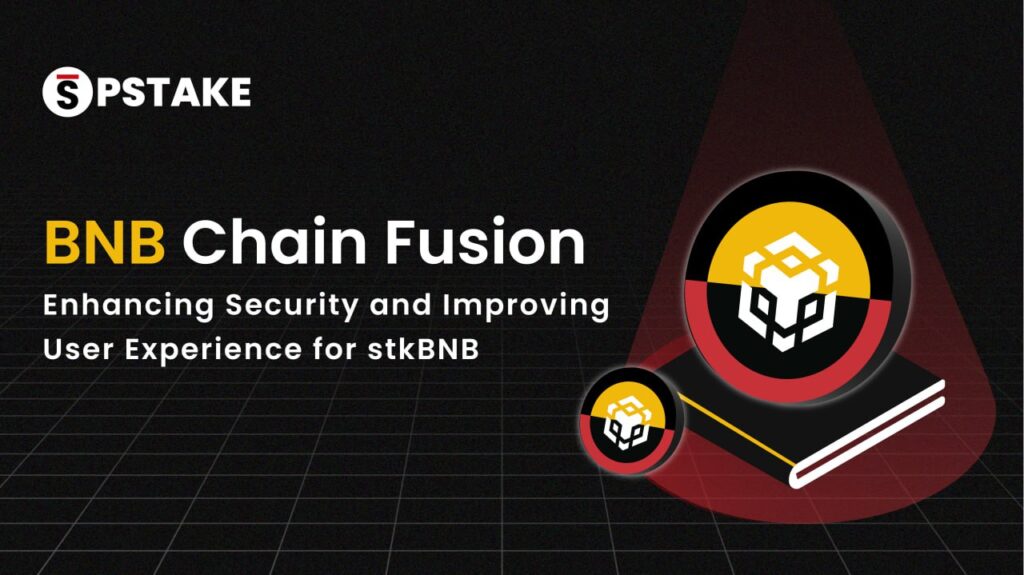Author: Fahad Sheikh
Note: This is a community-written piece. The views expressed within are those of the author and not necessarily those of the pSTAKE team.
Staking is a term that is thrown around a lot in crypto, but there are still many people in the space who don’t know what staking crypto is. This article aims to explain what staking crypto is and why it’s such a popular phrase in the industry.
It’s important to understand that staking in crypto is a very broad subject, and this blog only serves as a primer. More articles can be found on the pSTAKE blog which will provide further information on the various aspects of what staking crypto is.
Overview of Staking Crypto
Staking crypto is only possible on a proof of stake (PoS) blockchain (e.g. Cosmos), and functions very differently relative to proof of work (PoW) blockchains. PoS blockchains, like all blockchains, are a collection of blocks that contain transaction data and hashes.
To maintain the integrity of a blockchain it’s crucial for the data in its blocks to be accurate, and that two different blocks never carry the exact same data. If any block has flawed or duplicate transaction data, it must be classified as invalid, and discarded.
A blockchain must also do everything it can to ensure that people cannot tamper with the data in its blocks or hinder its validation process. If any individual or group of people tamper with a blockchain’s validation process, then erroneous blocks can be sent into tamper with the blockchain, and exploit it.
A PoS blockchain uses a set of processes along with multiple decentralized entities, and each with its own role to verify the accuracy of data, and avoid duplicate data in blocks. These processes are staking crypto, validating blocks, and slashing. Staking crypto is just one of the processes involved in operating a blockchain, and this article will cover it as well as go over the two different groups of actors involved in this process.
Process of Staking Crypto
Staking crypto is delegating one’s tokens to a validator for a certain period of time. Since people who are staking in crypto have to delegate their tokens they are sometimes called delegators. The people who have the crypto delegated to them are called validators.
Validators rely on delegators to stake their crypto with them, because a validator that does not have a lot of tokens in its staking pool will struggle to compete against other validators.
All the staked crypto delegated to a validator goes into a liquidity pool, and it is locked there until the staking period is over. Once the staking period ends, all the staked crypto is redeemable, and the stakers are free to unstake/remove their crypto from the staking pool whenever they please.
Staking in crypto has a lot of incentives attached to it for the delegators. One of the most significant incentives for staking crypto is the staking rewards the delegators receive for staking in crypto. Additionally, the delegators also get the satisfaction of knowing that by staking crypto with authentic validators they are genuinely helping to secure their DApp (decentralized application) or blockchain.
Delegators Role in Staking Crypto
Anyone who owns a certain amount of crypto can become a delegator by simply staking in crypto. To start staking in crypto, an individual must go to a staking platform like pSTAKE, and use the DApp. The crypto you stake as a delegator gets sent to a validator and placed in their staking pool.
If an individual decides to begin staking in crypto, they will also have the option to choose which validator they want to delegate their crypto to. It is essential for delegators to choose the correct validator when they are staking in crypto because a shady validator can put them at risk and even put the entire blockchain in a precarious position.
By staking in crypto and becoming a delegator, people are eligible for rewards in the form of more crypto. The staking rewards delegators receive are distributed to them via validators. Crypto staking rewards are presented in the form of either APY or APR, which means the amount, and type of crypto you stake will make a big difference in terms of how much you receive in rewards.
Validators Role in Staking Crypto
Validators are organizations or groups of individuals that run a validator node. Running a validator node is very expensive, so it is usually something companies do. People who are staking in crypto delegate their tokens to validators, and these tokens are kept in the validation pool.
Validators are meant to validate the authenticity of blocks before they are added into a blockchain. In exchange for their role as Validators these companies are given rewards every time they successfully validate a block, which is why there are multiple validators competing against each other. Furthermore, validators are given priority based on how many tokens they have delegated to them, thus validators want to attract people who are staking crypto.
Staking Crypto Summarized
Staking crypto is one of the most important processes in operating a PoS blockchain. Staking crypto arguably provides the entire decentralization layer for PoS blockchains, and the decentralized nature of blockchains is what makes them nearly impossible to tamper with.
People who stake in crypto or delegators actually have a vital role in this process because delegators are the most decentralized group of people in the whole process. A corrupt validator is a major weak point for any blockchain, but if the delegators realize that and simply refuse to stake crypto with them, then those validators can’t do anything.










